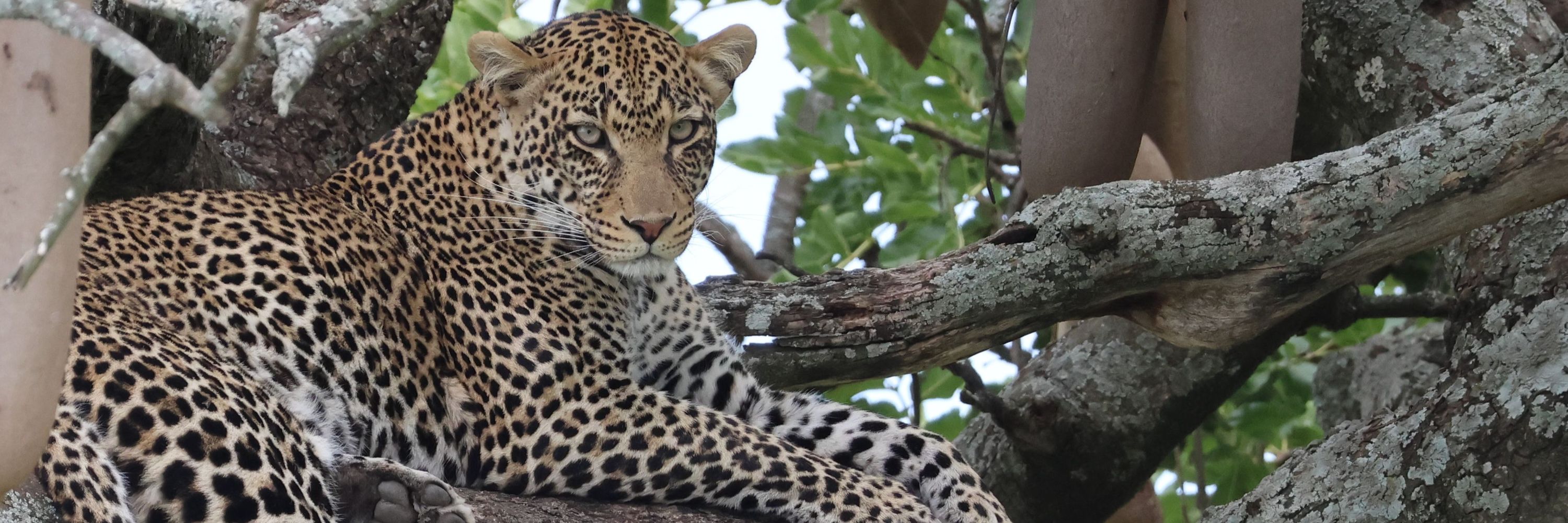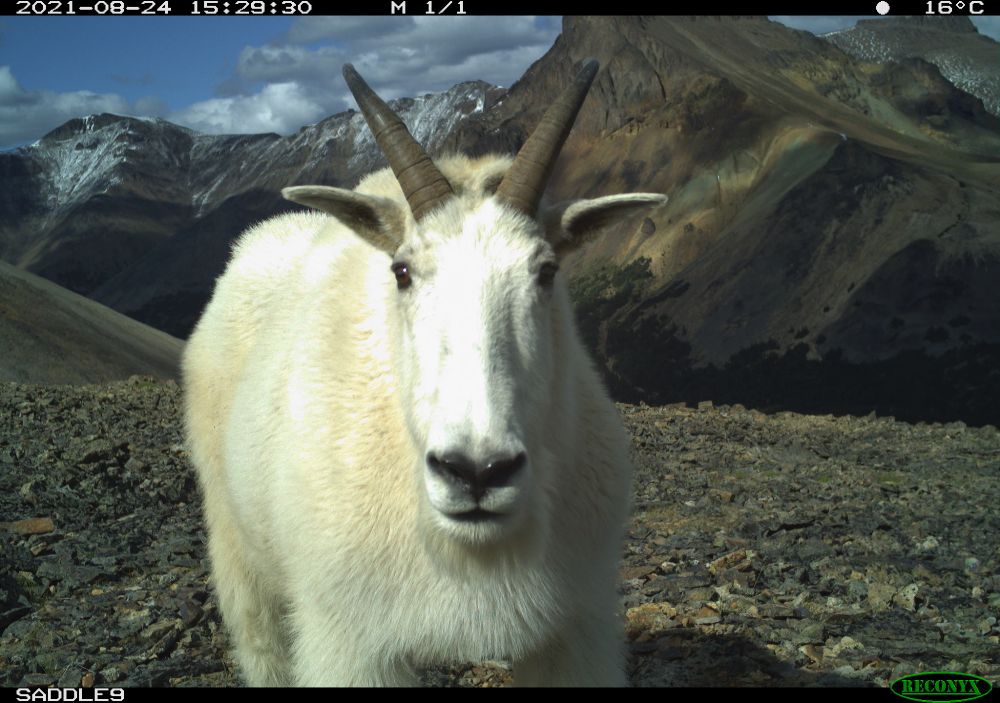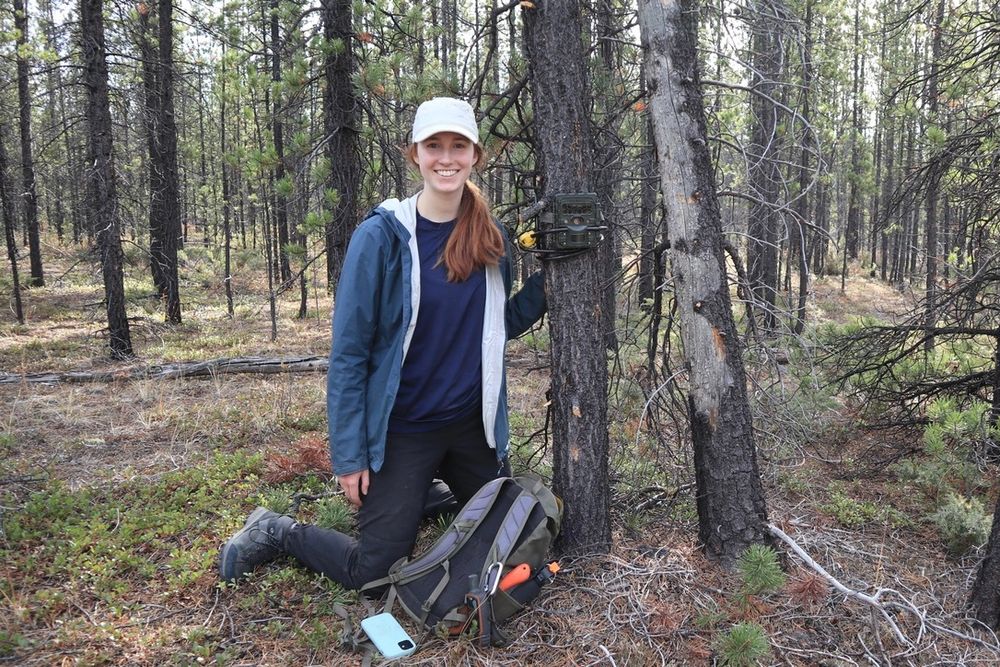
Cole Burton
@coleburton.bsky.social
Wildlife Ecologist & Conservation Biologist; Canada Research Chair in Terrestrial Mammal Conservation; PI of Wildlife Coexistence Lab (WildCo) at University of British Columbia, Vancouver, Canada.
All of these and more are available via our Google Scholar page - check them out and let us know what you think! scholar.google.ca/citations?hl... (6/6)

October 18, 2025 at 9:01 PM
All of these and more are available via our Google Scholar page - check them out and let us know what you think! scholar.google.ca/citations?hl... (6/6)
I haven't posted here for awhile but we've had several papers come out that I'm excited about, so check out this #WildCo roundup of recent publications! @wildco.bsky.social @forestry.ubc.ca (thread: 1/6)

October 18, 2025 at 9:01 PM
I haven't posted here for awhile but we've had several papers come out that I'm excited about, so check out this #WildCo roundup of recent publications! @wildco.bsky.social @forestry.ubc.ca (thread: 1/6)
The WildCo Lab @wildco.bsky.social is recruiting 2 postdocs in quantitative ecology to work on mammal population estimation and monitoring from camera trap data. 🐺🐻🦌📷📈
Please share the word or apply to join us at UBC in lovely Vancouver, Canada!
wildlife.sites.olt.ubc.ca/files/2025/0...
Please share the word or apply to join us at UBC in lovely Vancouver, Canada!
wildlife.sites.olt.ubc.ca/files/2025/0...

July 8, 2025 at 11:56 PM
The WildCo Lab @wildco.bsky.social is recruiting 2 postdocs in quantitative ecology to work on mammal population estimation and monitoring from camera trap data. 🐺🐻🦌📷📈
Please share the word or apply to join us at UBC in lovely Vancouver, Canada!
wildlife.sites.olt.ubc.ca/files/2025/0...
Please share the word or apply to join us at UBC in lovely Vancouver, Canada!
wildlife.sites.olt.ubc.ca/files/2025/0...
Thanks to Katie and the many supporters and collaborators, including the WildCo Lab (especially Tazarve Gharajehdaghipour and Zoe Konanz), @forestry.ubc.ca, BC Caribou Recovery Program, BC Parks, Robin Steenweg and Mathieu Bourbonnais. Check out the infographic☝️and open access paper (7/7)

May 23, 2025 at 7:27 PM
Thanks to Katie and the many supporters and collaborators, including the WildCo Lab (especially Tazarve Gharajehdaghipour and Zoe Konanz), @forestry.ubc.ca, BC Caribou Recovery Program, BC Parks, Robin Steenweg and Mathieu Bourbonnais. Check out the infographic☝️and open access paper (7/7)
The generality of DMAC as a driver of caribou decline requires more study across varied ecosystems to guide management actions. #Cameratraps provide a valuable tool for monitoring the responses of caribou and interacting species to habitat disturbance and recovery. (6/7)

May 23, 2025 at 7:27 PM
The generality of DMAC as a driver of caribou decline requires more study across varied ecosystems to guide management actions. #Cameratraps provide a valuable tool for monitoring the responses of caribou and interacting species to habitat disturbance and recovery. (6/7)
Wolves and other predators tracked their prey but were not consistently associated with disturbed habitats, which caribou did not avoid. While disturbances from fire and logging are influencing the dynamics of this wildlife community, their direct and indirect effects on caribou are less clear (5/7)

May 23, 2025 at 7:27 PM
Wolves and other predators tracked their prey but were not consistently associated with disturbed habitats, which caribou did not avoid. While disturbances from fire and logging are influencing the dynamics of this wildlife community, their direct and indirect effects on caribou are less clear (5/7)
Satellite data and #cameratrap surveys provided mixed evidence. Burnt and logged areas had low vegetation productivity but some pulse following disturbance and were used more by moose and deer (especially burnt areas). (4/7)

May 23, 2025 at 7:27 PM
Satellite data and #cameratrap surveys provided mixed evidence. Burnt and logged areas had low vegetation productivity but some pulse following disturbance and were used more by moose and deer (especially burnt areas). (4/7)
#Caribou are declining across much of Canada. A key hypothesis of decline is disturbance-mediated apparent competition (DMAC), whereby forest disturbances (such as from resource extraction) provide more food for prey like moose and deer, allowing wolves to increase and eat more caribou. (2/7)

May 23, 2025 at 7:27 PM
#Caribou are declining across much of Canada. A key hypothesis of decline is disturbance-mediated apparent competition (DMAC), whereby forest disturbances (such as from resource extraction) provide more food for prey like moose and deer, allowing wolves to increase and eat more caribou. (2/7)
More🌲 for carbon & caribou!
New paper from @james-maltman.bsky.social @irssubc.bsky.social showing large potential for co-benefits from tree planting for carbon sequestration and woodland caribou habitat restoration @forestry.ubc.ca
New paper from @james-maltman.bsky.social @irssubc.bsky.social showing large potential for co-benefits from tree planting for carbon sequestration and woodland caribou habitat restoration @forestry.ubc.ca

April 4, 2025 at 9:59 PM
More🌲 for carbon & caribou!
New paper from @james-maltman.bsky.social @irssubc.bsky.social showing large potential for co-benefits from tree planting for carbon sequestration and woodland caribou habitat restoration @forestry.ubc.ca
New paper from @james-maltman.bsky.social @irssubc.bsky.social showing large potential for co-benefits from tree planting for carbon sequestration and woodland caribou habitat restoration @forestry.ubc.ca

